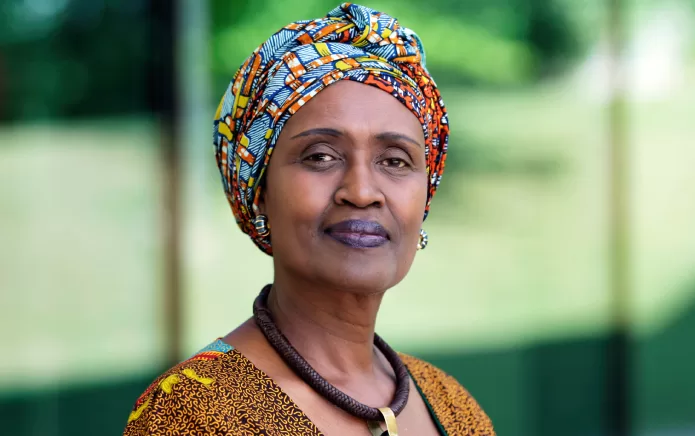Byanyima states that countries where minority groups are criminalised often see their progress against HIV/AIDS stagnate, with UNAIDS concerned that Uganda could see a rise in new infections and deaths as a result of the anti-LGBTQIA+ law’s impact. “Let’s be clear,” she says, “it’s not just about the health of gay men or sex workers, it’s the health of everybody because we are one ecosystem. If a part of the population is seeing infections rising, infections will rise in all the other groups…We have the evidence across the world that in countries which decriminalise, we see rapid progress against new infections, reducing new infections and reducing deaths. When you criminalise, you actually slow your progress against HIV – and it’s [also] just about human rights. Why should we punish someone for who they love or who they are? They can’t change who they are, they are born that way. They love because it is from their heart. What has the government got to do with that? It’s a violation of human rights.”
Modern developments in both health and technology have led to increased accessibility to things like pre-exposure prophylaxis (PrEP) and home testing kits. Though barriers still remain in obtaining both, particularly when it comes to where someone is based, they have each played a crucial role in helping countries like the UK reduce the threat HIV poses. “Nearly a half of all the people who did an HIV test in your country last year did it by ordering online,” Byanyima says. “So that’s technology helping to go around the challenge of stigma and discrimination. You have your privacy, you do your tests in your house, the test is brought up to your door. So these are real advantages that are not there in the developing countries.”
